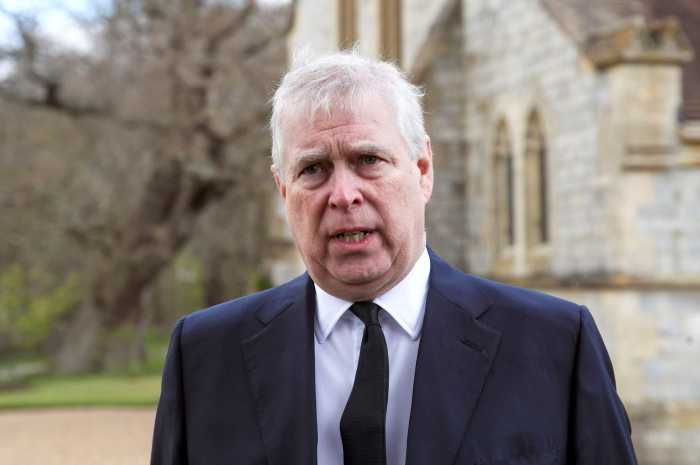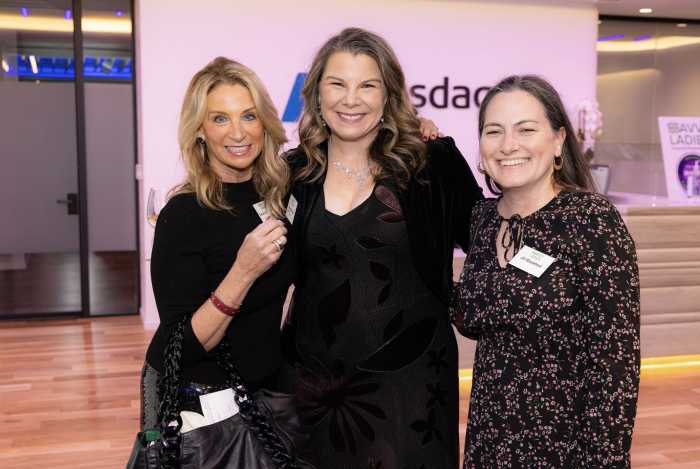Running a solo practice as a lawyer in New York City is no easy feat.
Beyond the legal work, solo practitioners are tasked with operating a small business — including all the administrative, financial and marketing work that comes with it.
Enter the New York City Bar Association (NYCBA), which has offered both office space and a networking hub in its mission to help support solo lawyers and small practices.
To support independent law practices the bar runs a coworking space and a virtual law office at its historic headquarters in the heart of Midtown Manhattan on “Club Row” on West 44th Street, between Fifth and Sixth Avenues.
The space fits into the expectations of the post-Covid workforce for a hybrid work life that is largely based out of the home.
“They’re just really supportive and enabled me to work from home, which is great because I have a 14-year-old,” said Anne Donnelly Bush, who started her employment discrimination attorney practice in 2007. “When I started my business [even] before I had a kid, it’s just been really helpful for me to work from home… I’ve been leaning on them for a long time.”
For $75 in addition to the NYCBA’s regular membership dues, the association will help its small and solo practitioner community with mail services and use of the law library for research. Bar members can also use the small law firm center conference and office rooms for a reduced rate. Half-day rates for private offices are $120 for members and $180 for nonmembers. The bar has offered virtual office services for a number of years but opened the co-working space about a year ago.

The library offers Lexis Nexis and Westlaw to members, photocopying, and a few rooms where lawyers can call or hold virtual meetings with their clients without reserving a full office for the day. It’s convenient because most clients these days just “want to meet over the telephone or video,” Donnelly Bush said.
As the bar association president Muhammad Faridi pursues a goal of serving the needs of a new generation of lawyers, its historical building has offered a desirable amenity. For law school graduates who want to start their own practice to jump into nuts-and-bolts litigation instead of working mostly discovery at a big law firm, students can make the finances work with the virtual office program.
The virtual office can offer a way to try and reduce the amount of administrative work that a solo practice entails. A study by Thomson Reuters found that solo practitioners often only dedicate 58% of their day to practicing law.
“You can do litigation. You can go and meet clients,” Donnelly Bush said. “You can have all the semblance, if not bricks and mortar specifically, but it just gives a lot more flexibility in this changing economy.”
To complement these services, the NYCBA also offers a companion legal referral service that connects lawyers with clients who need representation. An initial consultation costs clients $35. If a lawyer takes the case the NYCBA takes a percentage of the earnings.
“I met all my clients at the bar. I got on the bar referral referral panel for employment discrimination and labor law, and I still get probably 80 to 90% of my cases through the referral program,” Donnelly Bush said.






































